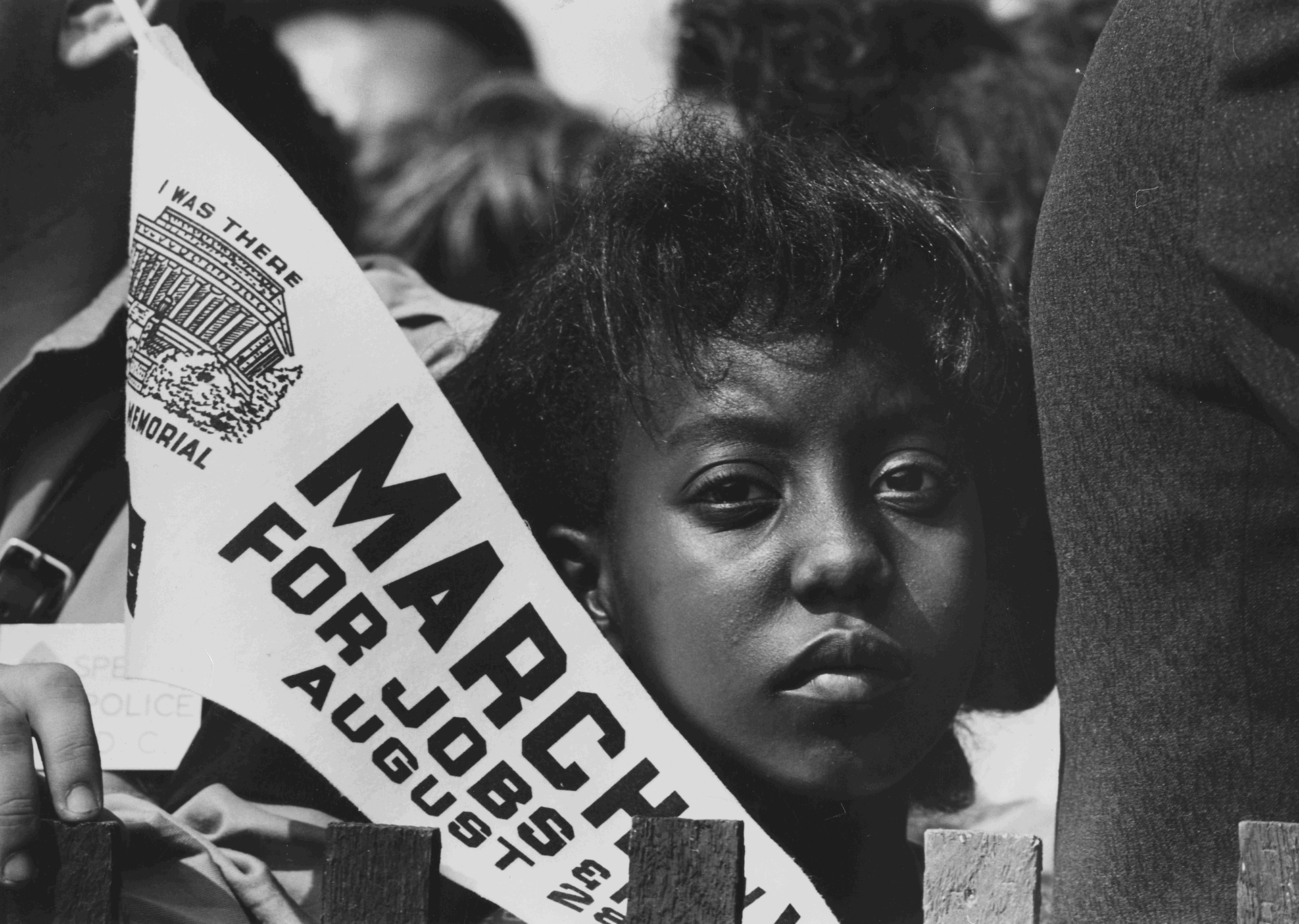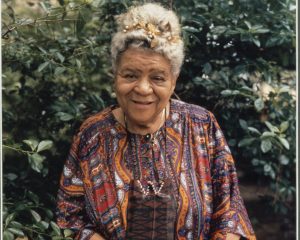Was Martin Luther King more like Black Lives Matter than we think?
A while ago, I watched this video on NBC about Martin Luther King and the Black Lives Matter movement. It starts with a footage of Martin Luther King being arrested with his own voiceover saying: “I would rather die on the highways of Alabama than make a butchery of my conscience”. This scene is followed up with the question: “If you were around during the Civil Rights Movement, would you have supported Martin Luther King, Jr., our most celebrated leader of the time?” It then goes on to make the connection between MLK and BLM, arguing that there are more similarities between him and the current movement, in terms of goals and tactics.
Indeed, BLM is trying to address many problems that were once the concern of MLT, including police brutality, inequality in employment, etc. Many critics of BLM cite MLK’s non-violence philosophy to criticize the tactics and goals of BLM. Mike Huckabee is quoted in the video commenting: “All Lives Matter is not that any life matters more than another. That’s the whole message that I think Dr. King tried to present”.
Unsurprisingly, also featured in the video is Dr. Jeanne Theoharis, talking about the romanticized image of Dr. King promoted by many politicians and the media. People make claims about MLK and apply their understanding of him to current affairs without fully grasping the less idealized aspects of him. In this sense, Dr. King had much more in common with BLM than what is often associated with his legacy.
This video was posted a few weeks before April 4, the day of Dr. King’s assassination. I was really impressed, because such conversations are important, especially in the media, which plays a huge role in perpetuating the romanticized image of MLK, and often with an agenda. Such ideals can make people feel good about themselves and the perceived progress of America’s democracy, and avoid the more disturbing questions of segregation and racism today, in the 21st century.

